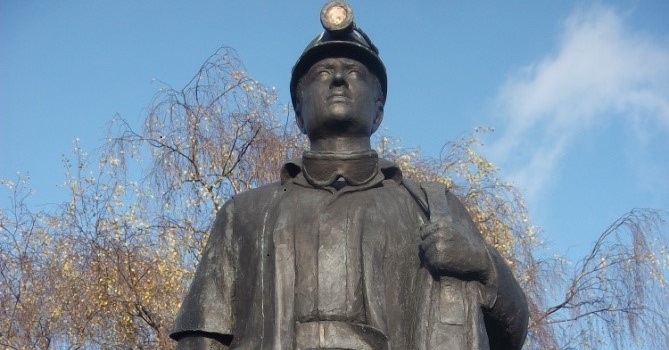At that time I had no idea just how masochistic it was. How much like a civil war it was to become.
As the months dragged by with no hope of an end, the striking mining communities became more and more desperate. Savings vanished, mortgages and loans went unpaid and with nothing coming in there was no money for even the basics. Luckily, the mortgage lenders were prepared to accept that this was exceptional circumstances and wait it out with the rest of us. After all with 165000 men out on strike, what choice did they have?
The strike caused very real financial hardship, but not everyone believed that it wasn’t just hype to foster sympathy, especially in the South. On a trip to London with work I had a very interesting discussion with a man in a suit who was absolutely convinced that the striking miners were paid from a strike fund and refused to contribute to the bucket rattling miners wives standing on the cities street corners, because ‘they didn’t need it’. I made my way home depressed and angry.
I had no time for political machinations, though there was plenty going on and it was hard not to spend five minutes without being reminded of the strike. It was very difficult not to believe that we had become pawns in a fight that had precious little to do with saving an Industry. Increasingly I found it hard to understand why so many hung so fervently to the coat tails of the NUM and lost what little sympathy I had for the whole affair. I was pretty sure that when it came to the crunch, despite all their efforts to be seen as acting in the interests of its members, the NUM were far more interested in flexing their political muscle. I was sure that they would quite happily see its membership starve. After all, how much political mileage can you get from a martyr, and how much more from 165000.

